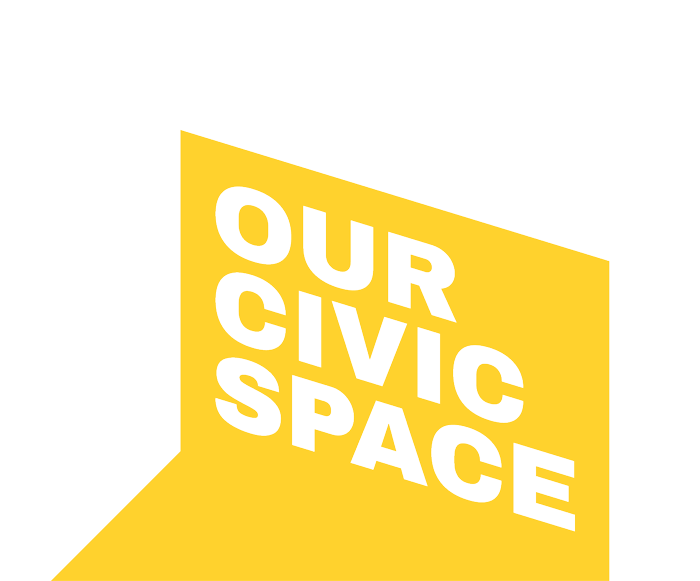The Here To Stay programme: An overview
A youth center, a football field, a park, a skate rink. In every country there are groups of young people – aged 15 to 29 – who are unable to make proper use of these ‘civic spaces’. Civic spaces are meant to enable young people to have the freedom to assemble, express, develop themselves and make decisions concerning their lives and society. Reasons for being excluded from civic spaces could be legal or political restrictions or because they lack the necessary skills to make proper use of the spaces. In other words: young people are not sufficiently ’empowered’. They may also not be ‘made’ or interested in entering the available spaces. Results of these developments are, among others, disengagement of youth in decision-making processes and their social exclusion which prevents young people from becoming agents of social change.
Here To Stay is a partnership consisting of five organisations in Europe focused on creating a lasting positive impact in the development of young people and their ability to express themselves freely. By combining the knowledge, experiences and strengths of the organisations, a complementary partnership has been created. The organisations operate in different regions in Europe and each has its own expertise in the field of youth empowerment and life skills education. By joining forces, our mission is to counter this trend of shrinking civic spaces in Europe and increase the engagement of youth through civic spaces. We aim to create an enabling and productive environment for youth work to facilitate the process of involving young people in decision-making processes and use of civic spaces.
The cooperation has led to various outcomes. We have already published a digital open-source research report to analyse the context in which we operate and the chances that are available to improve the current situation. Furthermore, the Our Civic Space website has been developed. On this website, we share best practices, case studies and other forms of content. By doing this, we aim to inform, inspire and ultimately activate youth workers to organise their own initiatives within the topic of civic space. We are also in the process of developing a ‘Youth Work Civic Space Toolkit’ for youth workers to help and support them in facilitating youth to claim civic spaces. The toolkit consists of activities, best practices and a theoretical basis, and provides guidance and resources for implementers. As one of the recommendations from the research report said, validation is key. The toolkit is planned to be ready by the end of 2021 and when it is ready for use, it will be uploaded to the Our Civic Space website and widely spread through other channels.
All the steps in the process come together at the final stage. In the final stage, a training course is organised to train youth workers on how to implement the toolkit in their daily work with youth. The youth workers come from different European countries and this gives us a great opportunity to exchange thoughts and experiences around civic space.
We are very much looking forward to sharing our acquired knowledge and insights and developed toolkit and training with a great group of people. Together we can stand up for our mission, resist the current trend and turn it into a positive development for Europe’s youth.
Are you with us?
Written by ISA

F7Q7Q5U6inu